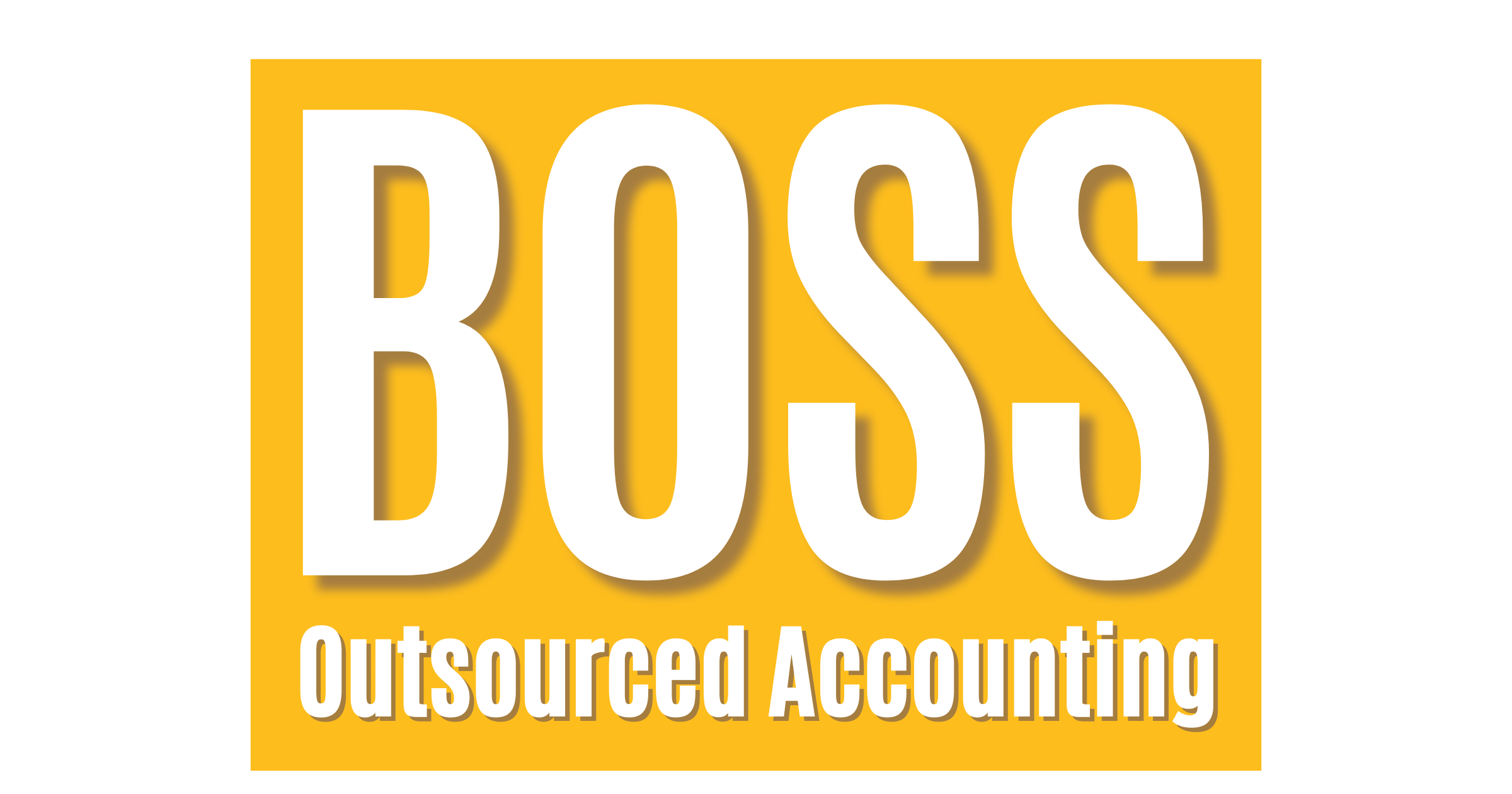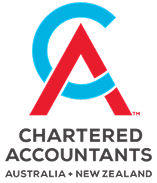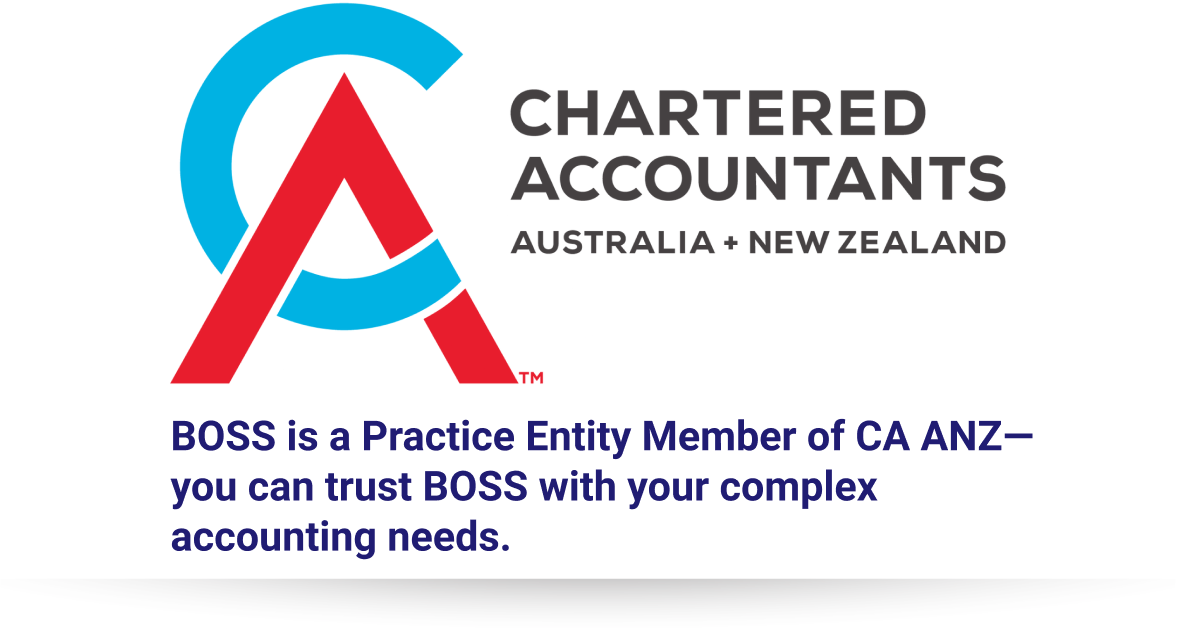There has been ongoing debate surrounding the effectiveness of outsourcing in aiding accounting firms to prioritise advisory services. The concept revolves around relieving our staff of compliance tasks, thus freeing up more time and resources to dedicate to value-added work.
Undoubtedly, the utilisation of outsourcing services by firms of all sizes has seen a notable rise in recent years, as these firms strive to enhance the efficiency of their administrative and tax compliance functions. When coupled with cloud technology, outsourcing has undeniably resulted in reduced costs associated with day-to-day tax compliance operations.
Despite some positive advancements in the advisory field, many accounting firms are still struggling to capitalise on the additional resources gained through more streamlined compliance processes. According to the Business Fitness Good Bad Ugly benchmark report (2016), a majority of firms are unable to generate business and financial advisory fees that exceed 15% of their total revenue. Firms often find it challenging to determine the “extra capacity” resulting from outsourcing and improved efficiency in compliance work. Staff members claim that they are working just as hard as before, and attempts by partners to create greater leverage have encountered obstacles, despite the availability of sophisticated software tools for data analysis and delivering advice. Currently, advisory services are primarily provided on a case-by-case basis upon client request.

The shift towards a stronger advisory focus can be a difficult one for many firms. In my opinion, outsourcing is a crucial step in this transition. However, it’s important to recognize that simply increasing capacity alone will not yield the desired results. To truly succeed, there must be a significant change in the mindset and behaviour of individuals within your firm.
It’s evident that in many cases, increased capacity only leads to doing more of the same tasks rather than developing the necessary analytical capabilities and communication skills needed to cultivate client relationships and provide added value. So, what can forward-thinking leaders do to effectively harness the additional capacity gained through efficient outsourcing and redirect it towards a stronger advisory focus?
- When recruiting new employees, it is crucial to prioritise their communication skills and their understanding of real-world situations, in addition to their technical abilities. While technical skills can be acquired through training and coaching, effective communication is a more challenging skill to teach. Forward-thinking companies are finding success by hiring individuals with strong reporting and analytical skills. These capabilities are essential for the long-term sustainability of organisations.
- It is crucial to critically evaluate the metrics used to evaluate the performance of your employees. While production efficiency is undoubtedly significant for generating revenue and profit, it does not directly reflect the true value of services rendered to clients. Consequently, it’s understandable that our staff may be reluctant to change their behaviour if they perceive no personal benefit in doing things differently. As accounting firms place a greater emphasis on providing advisory services, it becomes increasingly vital to prioritise performance indicators related to client interaction and communication.
- In order to prioritise quality client relationships, it is recommended to delegate administrative and compliance tasks to other team members. Trying to handle both tax compliance and advisory roles simultaneously can be overwhelming. By creating space for yourself, you can dedicate more time to engaging with clients and professional networks. I recently had a conversation with the CEO of an accounting firm that was facing challenges in developing capacity and capability for advisory services within its business services team. Interestingly, they were finding success with their financial advisory services team.
The CEO recognized that many of the accountants in their company were not comfortable transitioning from tax compliance to a more client-focused advisory role. As a result, he proposed investing in a specialised team that already possessed the necessary skills and aptitude for engaging with clients and addressing their specific concerns.
Perhaps the increasing trend of outsourcing compliance work could be seen as an initial step towards reshaping the qualifications and capabilities of our staff, with a greater emphasis on advisory services rather than tax compliance, right from the local recruitment and training levels.
Dale is a change management specialist with a keen focus on client communication and the seamless integration of compliance, business advisory, and financial advisory services within accounting firms. With over 15 years of direct experience working alongside accounting and financial advisory firms, Dale has successfully helped these organisations achieve growth and profitability. “I’m passionate about working closely with accounting and advisory firms to improve their performance. I particularly enjoy working with professional firms to develop the strongest possible relationship with their clients through the development and implementation of business and financial advisory services.”


